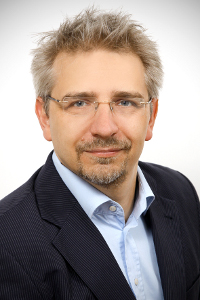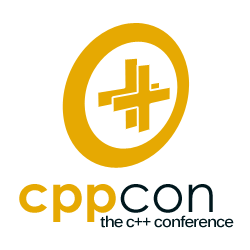Boost C++ Master Class with Boris Schäling
 Boris Schäling is pleased to invite you to the 2nd Boost C++ Master class 2018 in Israel:
Boris Schäling is pleased to invite you to the 2nd Boost C++ Master class 2018 in Israel:
Boost C++ Master Class
The Boost C++ Master class strives to deepen your understanding of the Boost C++ Libraries. As of today, the Boost C++ Libraries are the most important stepping stone if you want to increase your productivity as a C++ developer and significantly improve the quality of your code. In-depth knowledge of the Boost C++ Libraries empowers you to write code that is shorter, more expressive, less error-prone, more agile, and more future-proof.
The Boost C++ Master class is an all-round training. It has no focus on a specific Boost library. The training covers a wide range of major Boost libraries. This includes general purpose libraries whose usage immediately leads to better code. And it includes concept-oriented libraries that demonstrate new approaches to organizing code and implementing features.
The Boost C++ Master class with its focus on the Boost C++ Libraries goes far beyond what is known today as modern C++. While many Boost libraries support and enable writing modern C++ code, the Boost libraries open new doors. Quite often the Boost libraries provide possibilities which catch many developers by surprise.
The Boost C++ Master class is taught by Boris Schäling who is one of the world’s leading professional Boost C++ experts and the author of the book The Boost C++ Libraries.



